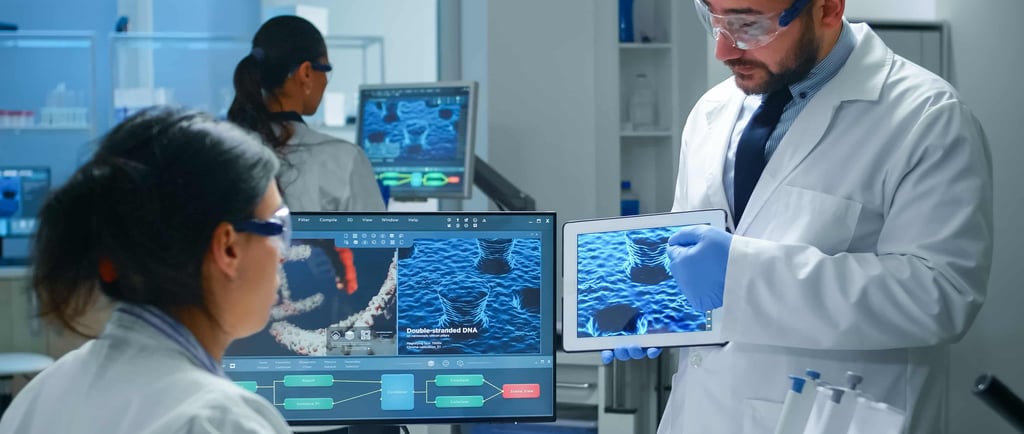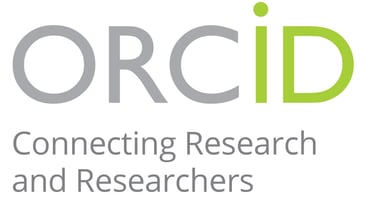The Role of Artificial Intelligence in Improving Healthcare Diagnostics: A Comparative Study


In today's world, where technology is advancing at a rapid pace, the integration of artificial intelligence (AI) into various sectors, particularly healthcare, has brought about significant transformations. One area where AI has shown promising potential is in improving diagnostic accuracy. This article aims to explore the impact of artificial intelligence on healthcare diagnostics through a comparative analysis, shedding light on its benefits, challenges, and future prospects.
Diagnostic accuracy is crucial in healthcare as it directly impacts patient outcomes. Traditional diagnostic methods, while effective, often rely heavily on manual interpretation and human judgment, which can be prone to errors. Artificial intelligence, with its ability to analyse vast amounts of data quickly and accurately, offers a promising solution to improve diagnostic accuracy.
AI-powered diagnostic systems leverage techniques such as machine learning and deep learning to analyse medical images, patient records, and other healthcare data. These systems can detect patterns and anomalies that may not be easily discernible to human practitioners, leading to more accurate and timely diagnoses.
Several studies have compared the diagnostic accuracy of AI-powered systems to that of human experts across various medical specialties. For example, a study published in the journal Nature Medicine found that an AI algorithm developed by researchers at Google Health outperformed radiologists in detecting breast cancer from mammograms. Similarly, another study published in The Lancet Oncology demonstrated that AI algorithms were able to accurately identify skin cancer from images with a performance on par with dermatologists.
While these studies highlight the potential of AI to improve diagnostic accuracy, it is essential to recognize that AI is not infallible. Challenges such as bias in training data, interpretability of results, and regulatory concerns need to be addressed to ensure the safe and effective deployment of AI-powered diagnostic systems in clinical practice.
Despite the challenges, the future outlook for AI in healthcare diagnostics is promising. As AI algorithms continue to improve and become more sophisticated, they have the potential to revolutionize medical diagnosis across a wide range of conditions. Additionally, ongoing research and development efforts are focused on addressing the challenges associated with AI, including bias mitigation techniques, explainable AI methods, and regulatory frameworks to ensure patient safety and privacy.
In conclusion, the integration of artificial intelligence into healthcare diagnostics represents a significant advancement with the potential to improve patient outcomes and enhance the efficiency of healthcare delivery. Through a comparative analysis of diagnostic accuracy, AI has demonstrated its ability to outperform human experts in certain tasks, offering valuable insights and support to healthcare practitioners. While challenges remain, continued research and collaboration between AI developers, healthcare providers, and regulatory bodies are essential to realize the full potential of AI in transforming healthcare diagnostics for the better.
About the Author
Li Mei Peng is a healthcare technology enthusiast with a passion for leveraging artificial intelligence to revolutionize diagnostics and improve patient care. With a background in biomedical engineering and a keen interest in data science, Li Mei has dedicated her career to exploring the intersection of technology and healthcare.
Drawing from her extensive experience in both academia and industry, Li Mei brings a unique perspective to her writing, blending scientific rigor with real-world insights. Her articles aim to demystify complex concepts in healthcare technology, making them accessible to a wide audience.


"Empowering Minds, Inspiring Futures: Bridging Academia and Innovation Globally"
Wells Resource


